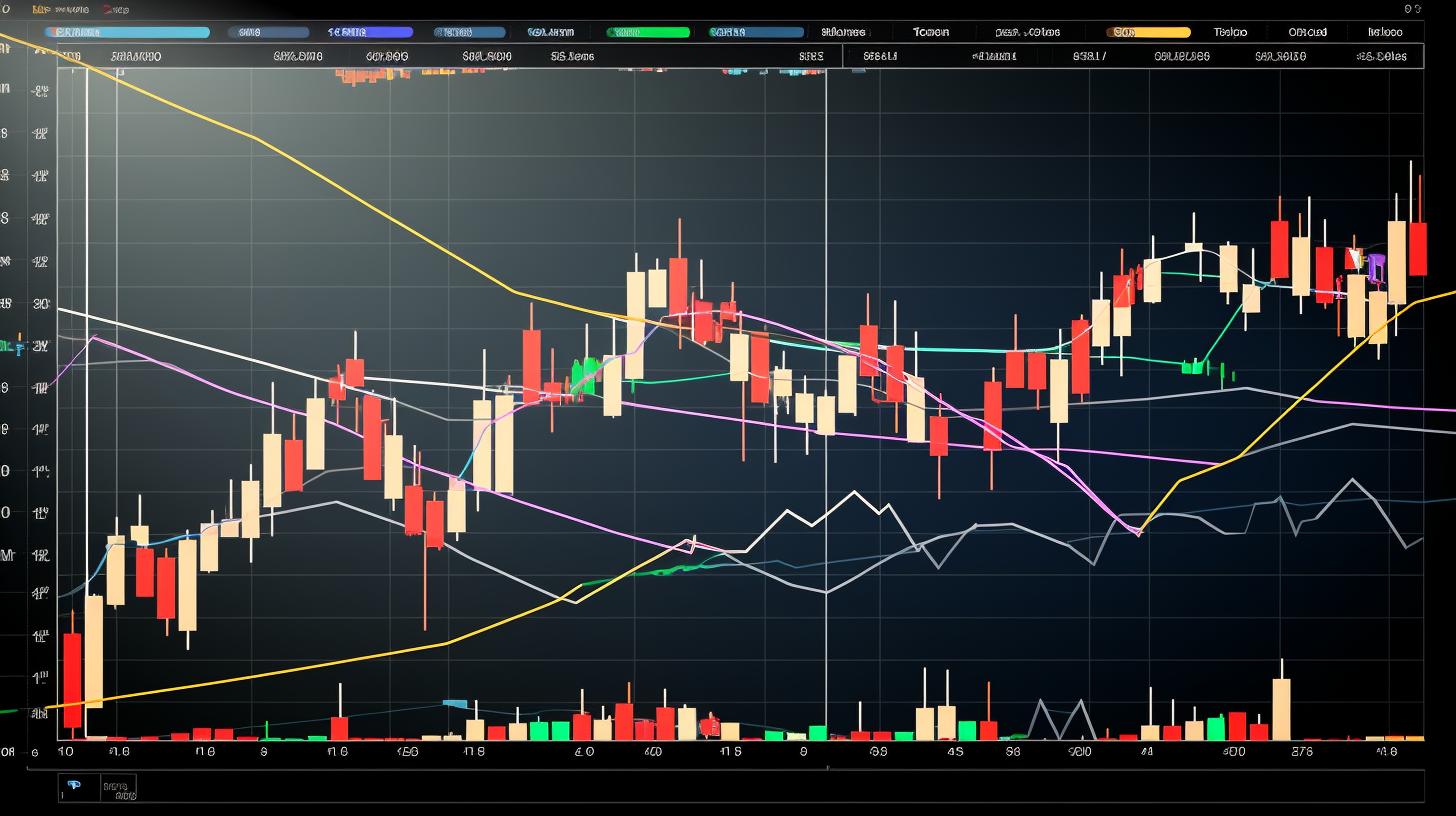European Private Equity Firms React to U.S. Lending Fears
Shares of several leading European private equity and private markets firms declined sharply on Friday amid growing concerns over lending standards in the U.S. financial sector. The sell-off followed a week of turmoil among U.S. regional banks, where fears of risky lending practices spreading from the private credit market to the wider banking industry intensified.
- London-listed ICG dropped 5.5%.
- CVC Capital Partners, headquartered in Jersey, fell approximately 6.6%.
- Swiss firm Partners Group declined 3.4%.
- Sweden’s EQT shares decreased by 4.6%.
Private Credit Exposure Under Scrutiny
These firms have substantial exposure to private credit markets, which have come under increasing regulatory and investor scrutiny. ICG manages over $30 billion in private debt, representing about 25% of its assets under management as of June. Partners Group holds $38 billion in private credit assets, while CVC’s private credit business manages roughly €17 billion ($19.9 billion), focusing on direct lending opportunities. Recent defaults in the U.S. private credit space have intensified concerns. The collapse of First Brands, a car parts manufacturer, alongside the bankruptcy of subprime auto lender Tricolor, has spotlighted vulnerabilities linked to complex borrowing arrangements and potentially lax underwriting standards.
“When you see one cockroach, there’s probably more,” J.P. Morgan CEO Jamie Dimon cautioned, highlighting the risk of hidden stress in the credit system during the bank’s Q3 earnings call.
Regulatory Officials Sound the Alarm
Joachim Nagel, president of Germany’s Bundesbank and member of the ECB’s governing council, warned in an exclusive CNBC interview of potential “spillovers” from the private credit market. He described the sector as a “regulatory risk,” emphasizing its size exceeding $1 trillion and the challenges posed by less-regulated market participants impacting regulated institutions. Similarly, Tobias Adrian, director of the IMF’s Monetary and Capital Markets Department, noted the IMF’s increased vigilance regarding non-bank financial intermediaries, especially in private credit. While acknowledging the resilience of leverage levels, Adrian stressed the importance of closely monitoring underwriting standards.
“This market is really big now — as far as I know it’s more than $1 trillion, and we know there are some spillovers from the less-regulated market participants to the more regulated market participants.” — Joachim Nagel, Bundesbank President
FinOracleAI — Market View
The recent price declines among Europe’s private equity giants reflect mounting investor anxiety over the stability of private credit markets and their potential contagion into traditional banking sectors. The situation underscores the growing regulatory focus on non-bank financial intermediaries and the need for enhanced transparency and risk management.
- Opportunities: Heightened regulatory scrutiny could lead to improved lending standards and risk controls, benefiting long-term market stability.
- Risks: Continued defaults and deteriorating credit quality may trigger broader market disruptions, impacting asset valuations and capital flows.
- Regulatory Impact: Potential tightening of private credit market regulations may alter operational models for key players.
- Investor Sentiment: Short-term volatility expected as markets digest evolving credit risks and regulatory responses.
Impact: The market reaction is negative in the short term, reflecting concerns over credit risk spillovers, but increased regulatory oversight could foster more sustainable practices in the private credit sector long term.













